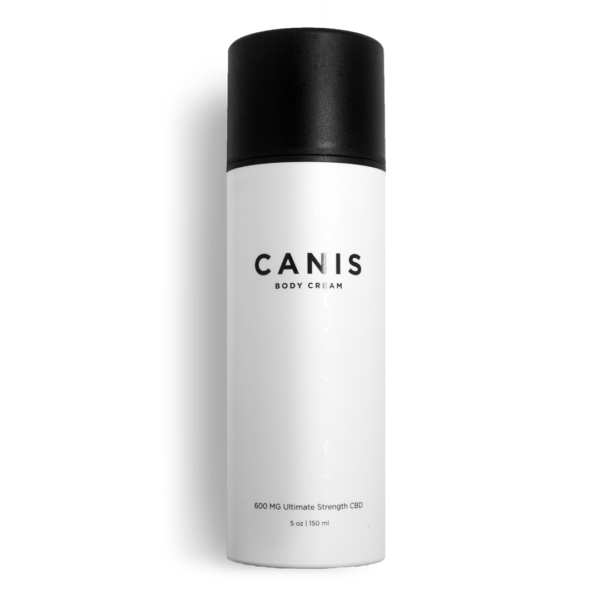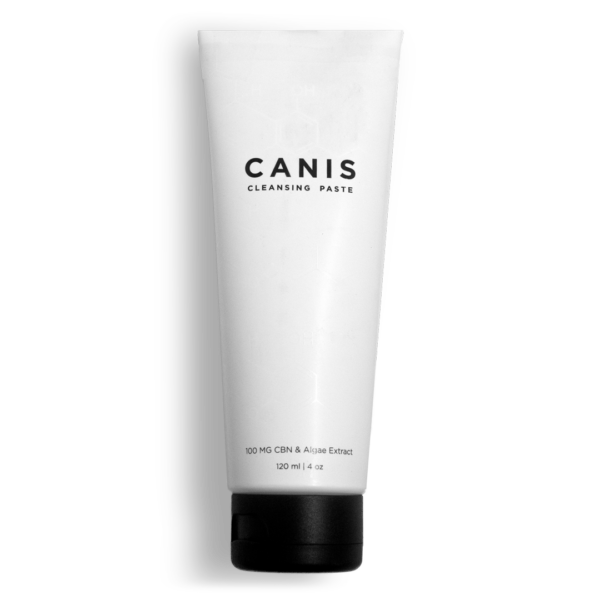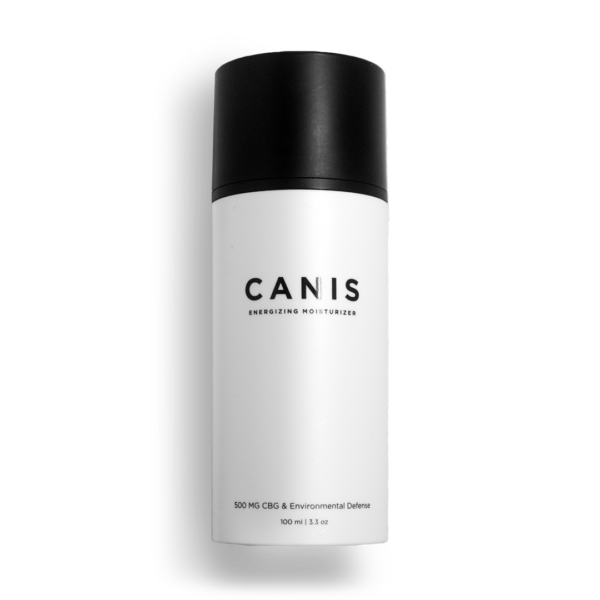Blog
What Does CBD Do? 6 Heath Benefits of CBD Oil — and a Look at Side Effects

Cannabidiol is a common natural treatment for a variety of health problems. Cannabidiol, also known as CBD, is one of more than 100 different chemical compounds called cannabinoids found in the cannabis plant, Cannabis sativa.
Tetrahydrocannabinol (THC) is the major psychoactive cannabinoid found in cannabis, which implies it produces the sensation of being high that is generally associated with cannabis. CBD, unlike THC, does not have a psychoactive effect.
CBD’s effectiveness makes it a desirable choice for individuals seeking pain and other symptoms relief without the mind-altering effects of cannabis or other adverse side effects linked to conventional medications.
CBD oil is produced by extraction of CBD from the cannabis plant and then mixing it with a carrier oil such as coconut oil or hemp seed oil. CBD is a legal cannabinoid found in a variety of goods on the internet and at shops, including dietary supplements, bath soaks, beverages, and food.
With some scientific research suggesting that it may help with chronic pain and anxiety, CBD oil is continuing to gain steam in the health and wellness sector. But what does CBD do and how can it help you? are on Pinter]
Is CBD legal?
Hemp-derived CBD products (with less than 0.3 percent THC) are lawful under federal law, however they are still prohibited in certain states.
CBD derived from cannabis is prohibited under federal law, but it is lawful in a few states. Check the rules in your state and any other locations you visit. Keep in mind that nonprescription CBD products are not FDA-approved and may be mislabeled.
1. May relieve pain
Cannabis has been used to treat pain for nearly 3 millennia. It was first documented in 2900 B.C. Scientists have discovered that certain components of cannabis, including CBD, contribute to its pain-relieving capabilities.
The endocannabinoid system is a complex network of receptors, enzymes, and other chemicals in the human body that is involved in a variety of functions, including sleep, hunger, pain sensation, and immune response.
The brain produces endocannabinoids, which are neurotransmitters that bind to cannabinoid receptors in the nervous system. CBD has been shown in studies to help alleviate chronic pain by modulating endocannabinoid receptor activity, inflammation, and neurotransmitter interactions.
CBD may work well for certain types of pain, according to some studies. When CBD is used alone, it has been shown in trials to be helpful for nerve pain and back discomfort. However, when combined with THC, it appears to be most efficient.
A number of human studies suggest that CBD and THC work well together in the treatment of MS-related and arthritic pain.
In addition, some studies suggest that CBD may help with rheumatological issues such as fibromyalgia.
According to a research that included survey data from 2,701 people with fibromyalgia, those who utilized CBD for pain alleviation generally reported minor to significant improvement in symptoms.
According to preclinical research, CBD may have anti-inflammatory and pain-relieving effects on arthritis pain and inflammation, but human studies are lacking.
While CBD appears to have some pain-relieving effects, especially when paired with THC, further rigorous research is needed to verify its efficacy in pain relief.
2. Could reduce symptoms related to some mental health disorders
What does CBD do for mental disorders? Anxiety disorders and other mental health problems can have a significant negative effect on one’s general health and well-being.
Pharmaceuticals are frequently used to treat mental health problems, which can cause a slew of negative effects including drowsiness, agitation, sleeplessness, sexual dysfunction, and headaches. Furthermore, psychotropic medications such as benzodiazepines have the potential for dependency and can lead to substance use disorder.
Many people who suffer from anxiety or other mental health issues have taken to CBD oil due to its promising results in treating these ailments. This has motivated many individuals who live with these problems to consider natural therapy.
In a study of 57 men published in the journal Neuropsychopharmacology, researchers assigned participants either oral CBD or a placebo 90 minutes before putting them through a simulated public speaking scenario. According to the researchers, a 300-mg dose of CBD was most effective at reducing anxiety during the test. Those who received the placebo, a 150-mg dose of CBD, or a 600-mg dose of CBD had no change in their condition.
Cannabidiol (CBD) oil has been successfully used to treat sleep problems and anxiety in children with post-traumatic stress disorder (PTSD), an anxiety condition.
CBD has also been shown in other studies to be helpful in the treatment of post-traumatic stress disorder, including nightmares. In addition, a small 2019 research found that CBD was effective in decreasing PTSD symptoms, including dreams, in adults.). CBD has been found in several studies to help people with social anxiety and other anxiety-related problems.
Despite the fact that CBD has been shown to help with symptoms of depression in humans, there is presently no clinical proof of CBD’s capacity to treat depression.
However, several research suggest that it may help treat depressive symptoms in persons with cannabis use disorders. CBD is currently being studied for its potential prophylactic and therapeutic applications.
In fact, a 12-week CBD treatment for anxiety and depression symptoms in people with bipolar disorder is anticipated to be published in April 2022.
3. What does CBD do for cancer-related symptoms
CBD can help prevent or alleviate some cancer-related symptoms and effects, such as nausea, vomiting, and pain, that are associated with chemotherapy.
A 2015 research found that CBD and THC together might help to decrease pain and nausea in patients with cancer-related discomfort who were not helped by traditional pain medications.
Patients who received a combination extract containing both cannabinoids experienced a greater reduction in pain than those given THC alone.
Although early research has shown that cannabis and cannabinoids such as CBD can help with cancer-related nausea, pain, and hunger loss, other studies have yielded conflicting results.
CBD may be beneficial for some people with cancer, but additional study is required to see whether CBD should be used more frequently in the management of cancer symptoms.
If you have cancer and are considering using CBD or other cannabis-derived treatments, you should talk to your doctor. Some of these medications may not be safe, suitable, or effective for everyone with cancer.
4. Neuroprotective abilities are possible
CBD’s ability to interact with the endocannabinoid system and other brain-signaling systems may help people suffering from neurological diseases, according to researchers.
CBD has been studied for a wide range of applications, including neurological diseases such as epilepsy and MS. Although much of the research on CBD is still in its infancy, several studies have revealed promising outcomes.
In a further research, researchers administered 0.9–2.3 grams of CBD oil per pound (2–5 grams per kg) of body weight to 214 persons with severe epilepsy. The median reduction in seizure frequency was 36.5%.
CBD oil reduced seizure activity in children with Dravet syndrome, a severe childhood epilepsy disease, compared to a placebo, according to one more research.
However, several persons in both of these studies had unpleasant CBD-induced side effects such as as convulsions, heatstroke, and tiredness.
CBD has also been studied for its promise as a potential treatment for a variety of other neurological conditions. For example, numerous studies have demonstrated that CBD therapy may improve quality of life and sleep quality in individuals with Parkinson’s disease.
However, researchers argue that there is presently a lack of high-quality data. As a result, there isn’t enough evidence to suggest that CBD might be used in the clinical management of Parkinson’s disease.
However, one CBD product has been authorized by the FDA for the treatment of a range of seizure disorders.
Epidiolex is a prescription cannabidiol product that was approved by the FDA in 2018 for the treatment of seizures caused by two severe forms of epilepsy, Lennox-Gastaut syndrome and Dravet syndrome.
Epidiolex was granted FDA approval in 2020 for the treatment of tuberous sclerosis complex seizures, a rare genetic disease that causes benign tumors to grow in the brain and other parts of the body.
5. May benefit heart health
CBD has been linked to a number of heart and circulatory system benefits, including the ability to reduce high blood pressure. High blood pressure is a risk factor for numerous diseases, including stroke, heart attack, and metabolic syndrome.
CBD has been shown in studies to be helpful for individuals with high blood pressure.
In a tiny study involving nine healthy males, 600 mg of CBD oil was given to them. Resting blood pressure was lower in the CBD group than in the placebo group.
In the same research, the guys were subjected to stress tests that induce blood pressure to rise. Surprisingly, the men’s blood pressure increased less when given a single dose of CBD than it did following a placebo.
In a double-blinded, placebo-controlled study of 26 healthy men, 600 mg of CBD per day for 7 days reduced blood pressure in the short term compared to a placebo. However, after 7 days, the impact was no longer apparent.
In response to stress, the CBD group had lower blood pressure levels than the placebo group after frequent doses over time.
The CBD group also had lower arterial stiffness and enhanced blood flow through their arteries after repeated CBD dosing, according to the study.
Overall, these results are encouraging, but we need additional research on the potential advantages of CBD therapy for heart disease.
6. What does CBD do beyond all of that
CBD has been investigated for a variety of other health problems in addition to those listed above.
CBD has been shown in several studies to have the following health advantages:
- Antipsychotic effects. According to studies, CBD may help patients with schizophrenia and other mental health issues by reducing symptoms of psychosis.
- Substance abuse treatment. Cannabidiol (CBD) may be beneficial for reducing anxiety and depression in individuals who are dependent on other substances, such as heroin.
- Possible extension of life in those with glioblastoma. There are several CBD oil products on the market, but not all of them advertise that they contain the whole plant. Some studies have shown that treatment with a mix of CBD and THC can help people with glioblastoma survive longer; however, research is limited.
- Possible improvement in sleep. CBD appears to help with sleep in people who suffer from certain sleeping disorders, although much more research is required.
Potential side effects of CBD products
CBD, on the other hand, is usually well tolerated and considered safe, although it can induce adverse effects in some individuals.
In studies, the most frequently reported adverse effects include:
- diarrhea
- changes in appetite and weight
- fatigue
In children with epilepsy, side effects including altered liver function tests, drowsiness, sedation, and pneumonia have been reported. However, these effects could be due to CBD interacting with other drugs such as clobazam.
CBD interacts with a variety of prescription drugs, including pain medications, antidepressants, seizure medicines, and diabetes treatments. Before using CBD oil, speak with your doctor to ensure that it is safe and avoids any negative interactions.
Furthermore, it’s worth noting that the market is presently inundated with CBD goods, many of which are low-quality.
Cannabidiol (CBD) is incorporated into a variety of foods, drinks, dietary supplements, and body care products and is frequently advertised as a method to decrease anxiety, pain, and sleeplessness.
However, this does not imply that you should include any of these foods or activities in your diet or fitness program.
Although CBD has been studied for a number of health benefits, the doses used in research are extremely varied. It’s difficult to determine what dosage is ideal for treating particular health problems.
Furthermore, many goods include a combination of components rather than just CBD. For example, dietary supplements that contain CBD together with a variety of herbal ingredients may not be suitable for everyone since several herbs have the potential to interact with commonly utilized medications.
The bottom line
Many typical health issues, such as anxiety and neurological disorders, have been researched for their potential efficacy of CBD oil in alleviating symptoms. It may also help with heart health and the treatment of certain types of pain.
Keep in mind that while CBD has several health advantages when combined with THC, it doesn’t have to be consumed alone.
CBD oil has been studied for its effects on a number of medical issues, and there is still much more to learn about the possible applications of CBD.
Check with a healthcare expert before using CBD to manage a health problem or to promote general health. They can assist you in determining whether adding a CBD product to your regimen is safe and appropriate, as well as recommending the best one.






